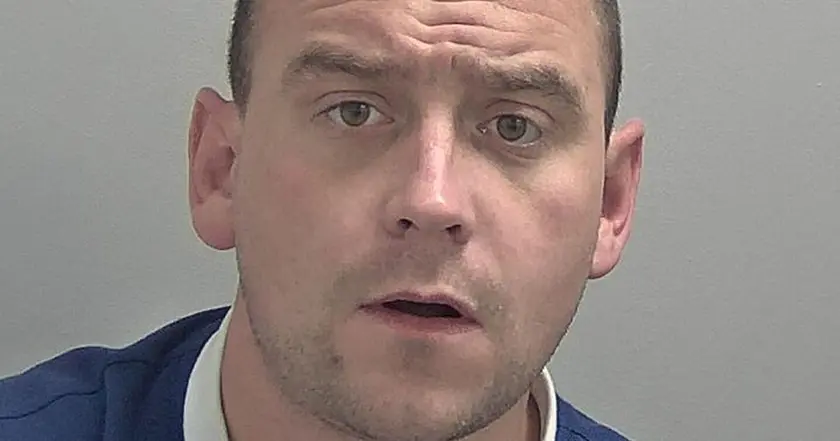T4K3.news
Convictions Dropped in Chris Paul Grandfather Death
Judge in North Carolina vacates four teen convictions in 2002 death of Chris Pauls grandfather, prompting potential appeals

A North Carolina judge vacated the murder convictions of four youths in the 2002 death of Chris Pauls grandfather, prompting potential appeals.
Convictions Dropped in Chris Paul Grandfather Death
A Forsyth County Superior Court judge vacated and dismissed the murder convictions of four men who were teenagers at the time of the 2002 killing of Nathaniel Jones. Jones died at 61 after being tied up, beaten and robbed outside his Winston-Salem home. The four were convicted in trials in 2004 or 2005 for first and second degree murder; a fifth teen was charged in the case. A three judge panel had denied innocence claims in 2022. In a January hearing and an order filed Friday, Judge Robert Broadie cited recanted testimony from a key witness, poor legal representation and questionable police actions. He also noted DNA profiles that support the defendants claims that their confessions were false and that the defendants were not present at the scene.
The state asked the Court of Appeals to pause enforcement of the order while it reviews the decision. The Attorney General’s Office said it would consider next steps, including an appeal. Cauthen and Banner are serving life sentences for first degree murder; Bryant Tolliver and Brayboy were convicted of second degree murder and were released after serving time. Brayboy was killed in 2019. The case shows how difficult it is to revisit old verdicts and how the appeals process works when convictions are dismissed with prejudice, a point raised by Forsyth County District Attorney Jim ONeill. Mumma, representing Banner and Cauthen, pushed back, arguing that the General Assembly gave judges the authority to dismiss with prejudice and that charges dismissed this way carry no right of appeal.
Key Takeaways
"If the General Assembly didn’t want judges to have the authority to dismiss with prejudice, they wouldn’t have given judges that authority."
Defense attorney Christine Mumma on the judge’s authority
"I have never seen that happen before in a court of law."
Forsyth County DA Jim O’Neill reacting to the ruling
"They also wouldn’t have passed statutes recognizing if charges are dismissed with prejudice, there’s no right of appeal."
Mumma on legal rights after a prejudice dismissal
"DNA profiles also further serve to corroborate Defendants’ assertions that their confessions were false."
Judge Broadie citing DNA evidence in the order
This ruling tests how courts handle old cases when new facts surface. Recanted testimony, claimed police misconduct and new DNA findings can reshape a verdict long after it was issued. Yet dismissals with prejudice complicate any later appeal and raise questions about public safety versus justice for wrongfully convicted people. The decision prompts a wider debate about when it is right to overturn a case and how to protect the interests of victims and families. It also spotlights the role of prosecutors and defense lawyers in maintaining public trust when the system revisits decades old decisions.
Highlights
- If the General Assembly didn’t want judges to have the authority to dismiss with prejudice, they wouldn’t have given judges that authority.
- I have never seen that happen before in a court of law.
- They also wouldn’t have passed statutes recognizing if charges are dismissed with prejudice, there’s no right of appeal.
- DNA profiles also further serve to corroborate Defendants’ assertions that their confessions were false.
Legal and political risk over dismissal with prejudice
The ruling touches on double jeopardy, the ability to overturn old verdicts and the use of a dismissal with prejudice. It could trigger appeals and political scrutiny over how the justice system handles historic cases.
Justice evolves as new facts emerge
Enjoyed this? Let your friends know!
Related News
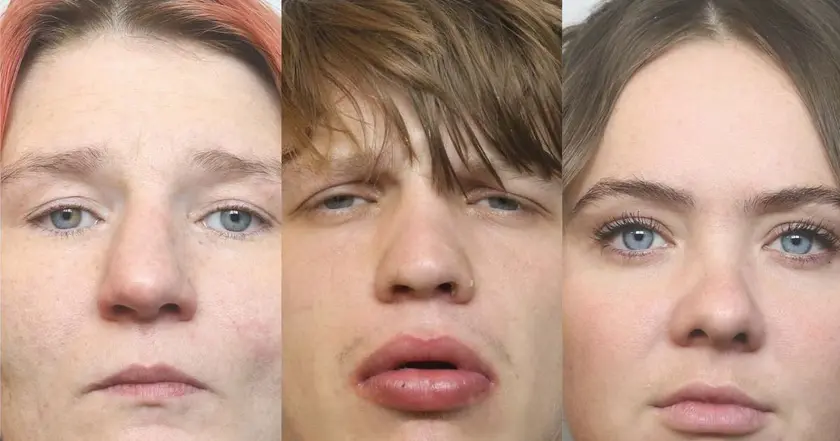
Merseyside jails 66 criminals in July
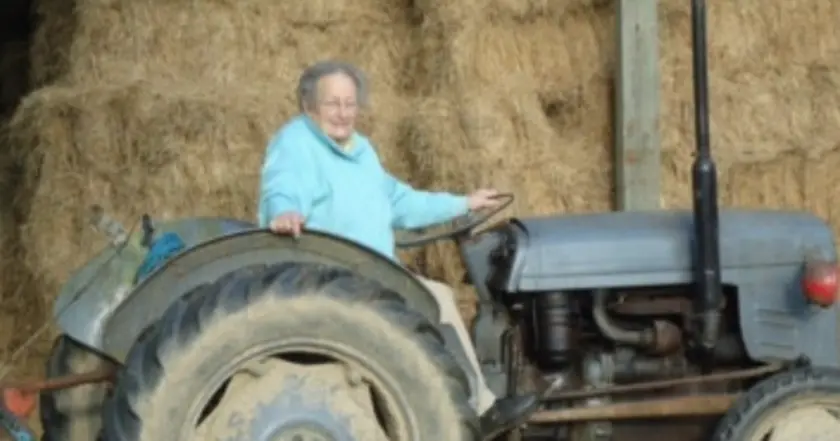
Funeral notices reveal cherished lives in Devon
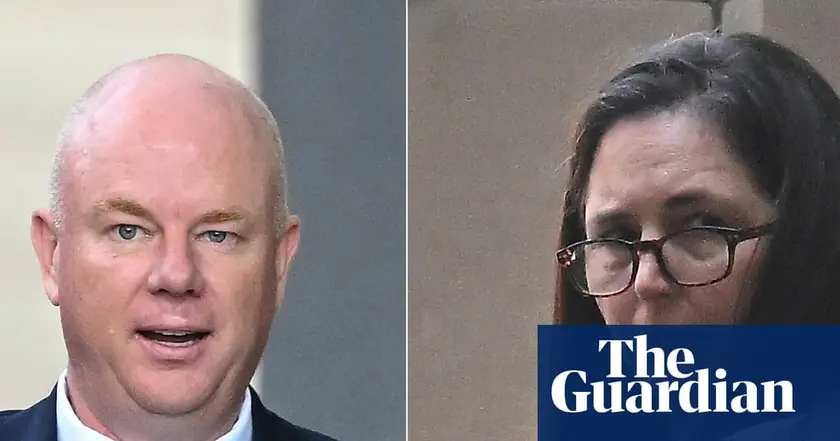
Key evidence released in Erin Patterson murder trial

India gains commanding lead in Test match against England

SmackDown post SummerSlam builds fresh tensions in Montreal

Smollett charts comeback with Netflix doc and music release
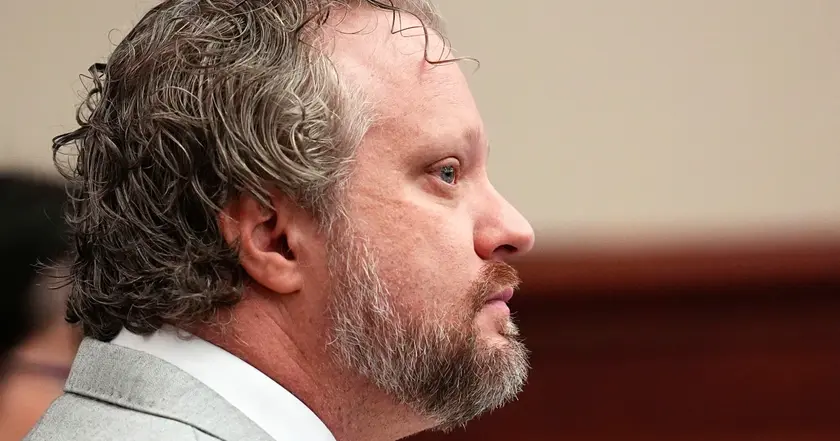
James Craig convicted of murdering wife with poisoned shakes
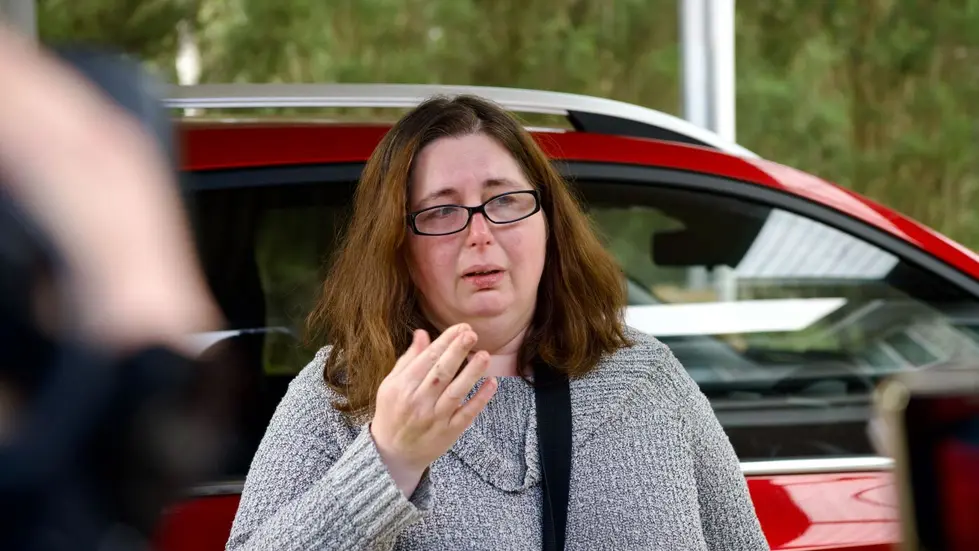
New evidence reshapes Patterson murder case
